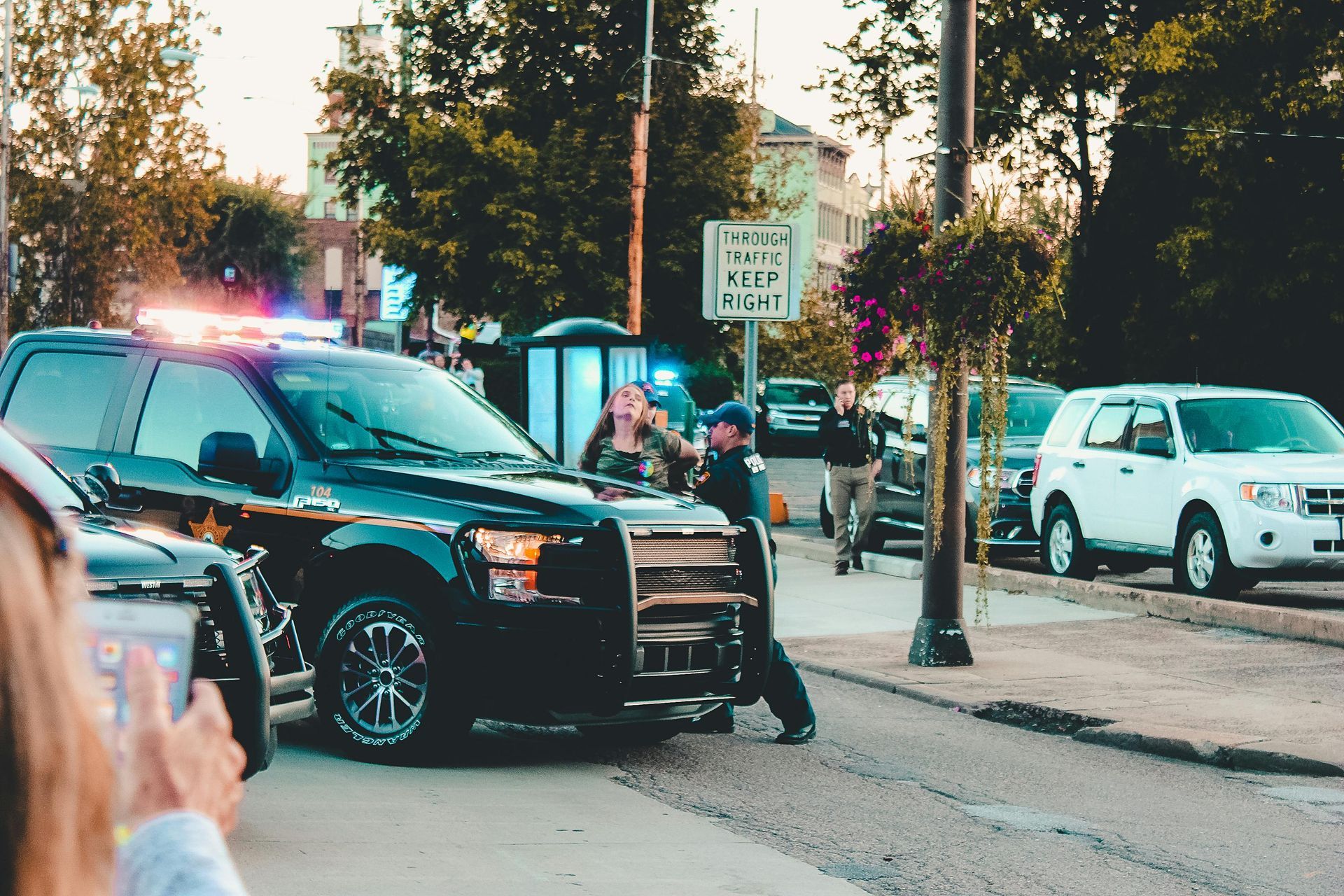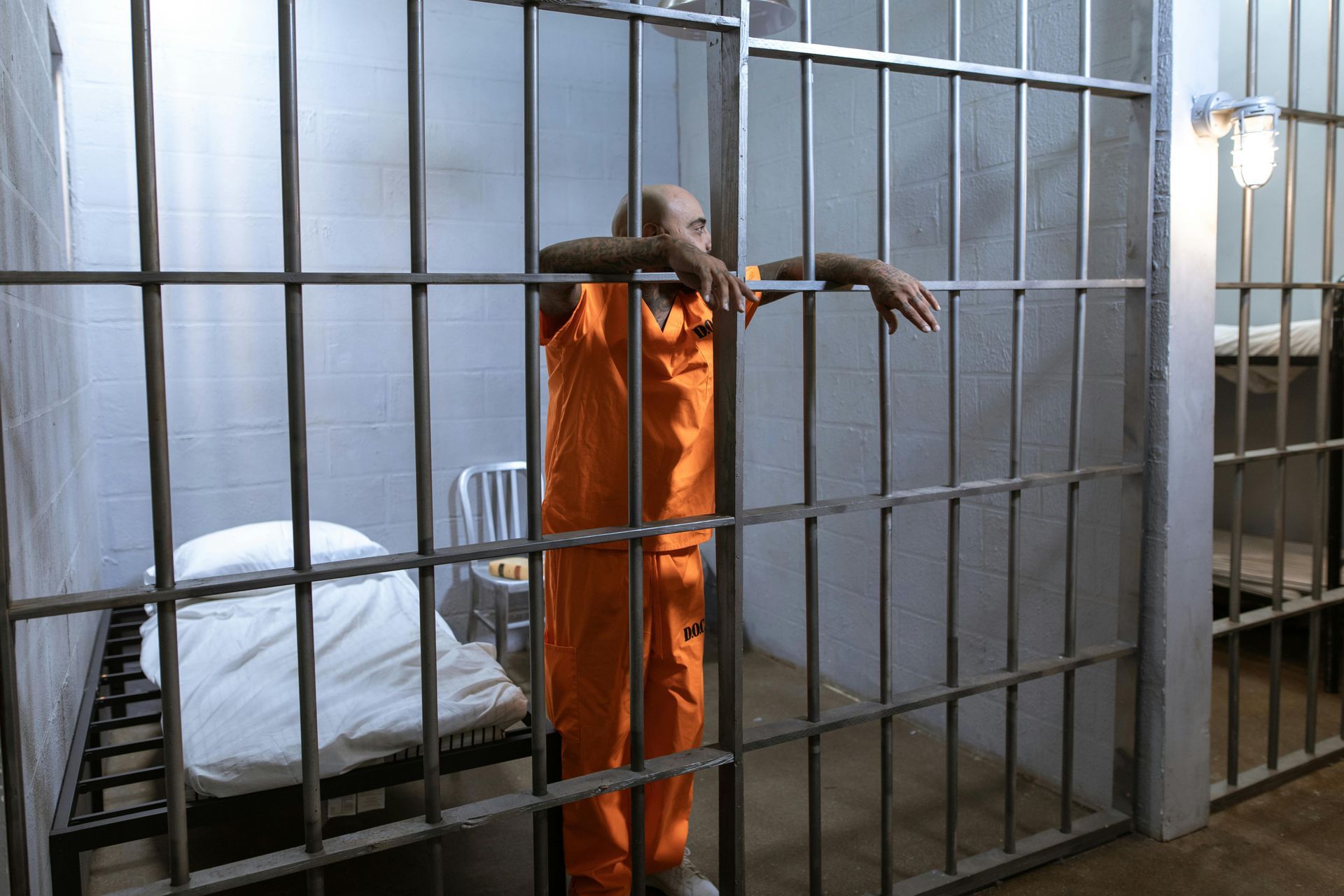Understanding Fault, Liability, and Compensation in Motorcycle Accidents in Georgia
Understanding Fault, Liability, and Compensation in Motorcycle Accidents in Georgia
Motorcycle accidents remain a threat on Georgia roads. They are responsible for a significant number of severe injuries and fatalities each year. If you're a motorcycle owner in Georgia, it's important to know how fault, liability, and compensation are determined in a motorcycle accident. Knowing your rights and options after an accident can help you to protect yourself legally and financially. In this blog post, we will discuss how fault is determined, who is liable in a motorcycle accident, what options you have as a victim, how compensation is calculated, and who pays compensation to the victims.
How is Fault Determined in a Motorcycle Accident in Georgia?
First, it is essential to understand the concept of fault in a motorcycle accident. Fault is determined by the concept of negligence. It is based on the idea that all drivers have a duty of care on the road. When a driver breaches that duty, and it leads to an accident, they become liable for any resulting injuries or damages. In Georgia, the comparative negligence system is used to determine fault. This means that fault is assigned based on a percentage of responsibility. For example, if you are found to be 20% at fault for an accident, you will be responsible for 20% of the damages.
Who is Liable in a Motorcycle Accident in Georgia?
Determining who is liable in a motorcycle accident can be complicated. In most cases, it is the driver who is at fault. However, there are instances where the other parties, such as manufacturers and municipalities, can also be held liable. Manufacturers can be held liable if they produce and market faulty motorcycle parts, while municipalities can be held responsible for the failure to maintain the roads properly.
What are My Options if I was the Victim of a Motorcycle Accident?
If you are the victim of a motorcycle accident, you have several legal options available to you. You can file a lawsuit against the driver responsible for the accident. You may also file a claim with your insurance company. Additionally, you may have grounds to file a product liability lawsuit against the manufacturer of the motorcycle if the accident was caused by a defective part.
How is Compensation Calculated in a Personal Injury Case?
The amount of compensation you receive in a personal injury case depends on several factors. Compensation includes both economic and non-economic damages. Economic damages are related to the financial costs you have incurred, such as medical bills, lost wages, and future medical expenses. Non-economic damages relate to the emotional and psychological effects of the accident, such as pain and suffering, disfigurement, and loss of enjoyment of life. The final settlement amount depends on the severity of the injuries, the extent of property damage, and the degree of negligence.
Who Pays Compensation to the Victims in a Motorcycle Accident?
Compensation in a motorcycle accident personal injury case is paid by the person or entity determined to be liable for the accident. If the driver of the motorcycle is at fault, they will be responsible for paying compensation. If the manufacturer or municipality is found to be at fault, they will be responsible for paying compensation. In most cases, insurance companies will cover the cost of damages.
In conclusion, it's important to understand the concept of fault, liability, and compensation in motorcycle accidents. If you are a victim of a motorcycle accident, it's crucial to know that you have legal options available to you. The Lopes Law Firm can assist Georgia residents who have been involved in motorcycle accidents. We have extensive experience in personal injury matters and can help you navigate the complex legal system. Remember to always keep your safety in mind when operating a motorcycle, and if you are involved in an accident, seek legal counsel immediately.










